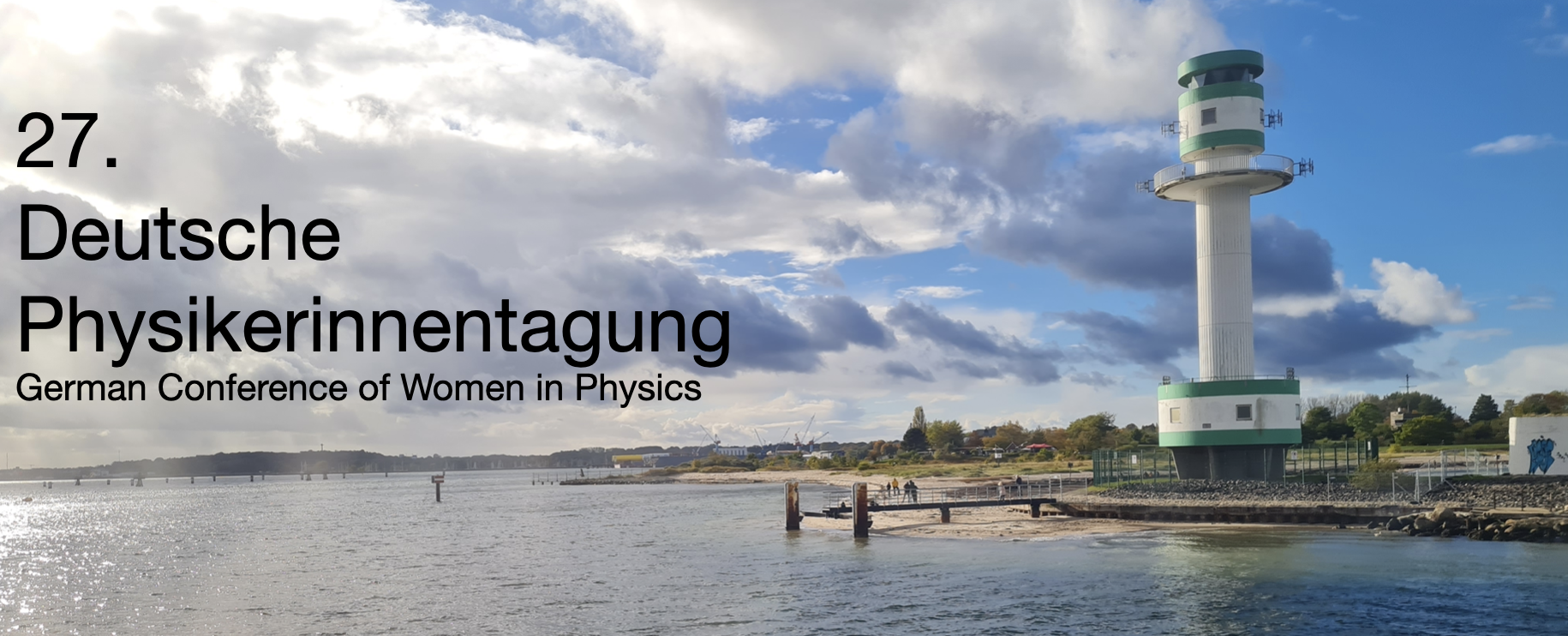Speaker
Description
Quantum technologies are key emerging technologies with promising potential. Quantum computers will expand and complement existing classical and powerful supercomputers and fundamentally transform industries that rely on large-scale computations. For example, quantum computing offers new possibilities for solving problems that cannot be addressed using classical methods, such as simulating high-dimensional nonlinear dynamics, optimizing complex energy flows, and real-time decision-making in distributed systems. In the domain of quantum sensing, researchers are exploring quantum magnetometers and interferometers for monitoring grid assets, measuring renewable resources, and even seismic sensors for protecting energy infrastructure. Concurrently, quantum networking is evolving to establish secure communication channels for energy grid operators, thereby offering long-term prospects for quantum cloud computing, wherein secure data is processed in quantum-based remote environments.
While these advances are promising, fundamental, overarching challenges must also be acknowledged, including those relating to IT security and energy consumption, as well as the training of skilled workers and engineers. While the equal participation of highly qualified women in quantum technologies is recognized as a vital component of a sustainable and future-oriented development of quantum technology, there is a limited number of well-founded studies on gender inequality and epistemic injustice beyond general gender statistics.
First and foremost, the significance of the history of physics in examining the processes that have led to and perpetuated the invisibility of women in the domain of quantum technologies is frequently underestimated. Moreover, the influence of power structures inherent in the politics of memory culture is scarcely recognized. Last but not least, what is often overlooked is the fact that the process of shaping the future invariably involves a transformation in perspectives on the history of science. Consequently, the pursuit of a gender-equitable future needs a self-critical re-evaluation of the history of quantum physics. The objective of my talk is therefore twofold: firstly, my intention is to raise awareness of a history of quantum physics that takes women's contributions into account; and secondly, to rethink the history of quantum physics against the backdrop of the current challenges of quantum technology. In doing so, I will address the role of women as agents of change, as well as gender stereotypes and their instrumentalization at the intersection of research practice, public perception, and social policy. Finally, some consequences and challenges for science communication and science journalism are discussed.

